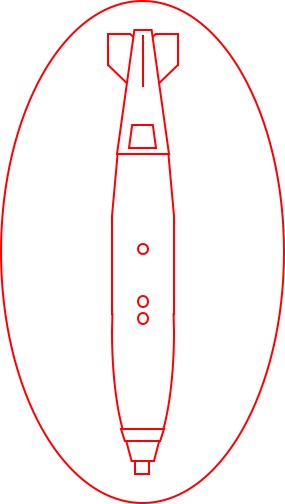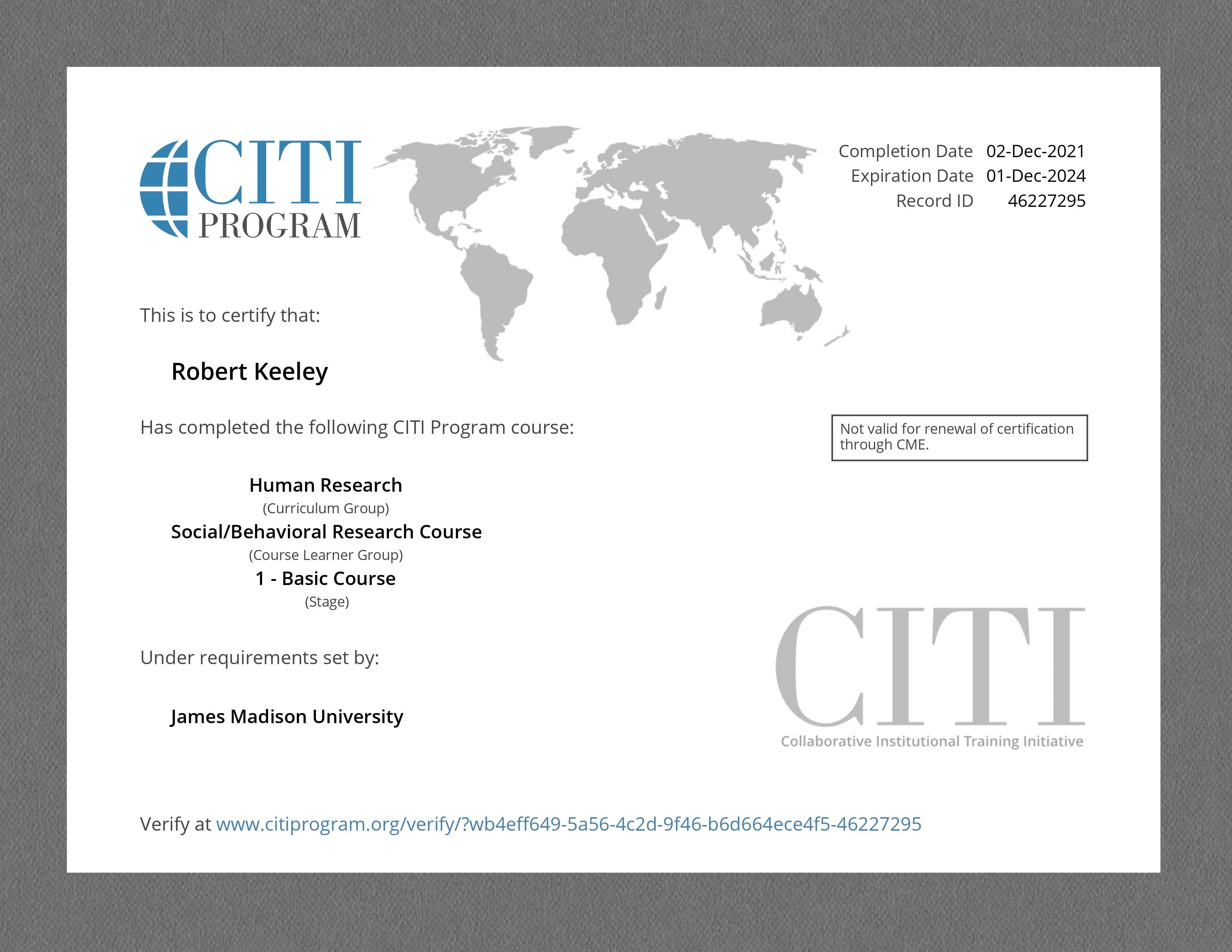Ethics in research
The fundamental principle of this ethics policy is to ‘do no harm’. Given the nature of the work generally undertaken, the greatest ethical risk is faced when interviewing project beneficiaries for the purposes of research or evaluation. The following precautions will always be undertaken:
1. Informed consent. All interviews will be on the basis of informed consent by the interviewee. This will be verbal or through the signing of written consent forms, as appropriate to the context. Similarly, consent will be sought before taking any photographs of the interviewee or others present. In principle, minors will not be interviewed: where a minor is being interviewed, the consent of a responsible adult will be obtained, and a responsible adult will be asked to attend. Interviewees will also be told that they have the right to withdraw their consent and end the interview at any time.
2. Management of expectations. It is unlikely that the interviewee will directly benefit from the research being undertaken. The uses to which the information will be put will be clearly explained to the interviewee as part of the consent process. Depending on the local context and customs, a small gift may be given after the interview is concluded as a gesture of thanks.
3. Privacy. All interviewees have the right to privacy before, during and after the interview and the location for the interview will be agreed as part of the consent process.
4. Confidentiality. The interviewee has a right to expect that the information they provide will be confidential. For key informant interviews and focus group discussions, the ‘Chatham House Rule’ will be observed. For beneficiaries, as a general rule the information will be recorded anonymously unless there are compelling reasons to the contrary, which again will be explained during the consent process. Depending on the context, the names and contact details of the interviewees may be retained temporarily for the purposes of quality control (see #6 below) but will not be included on the main data forms. Any such records will be destroyed once the research or evaluation is complete.
5. Post-Traumatic Stress Disorder (PTSD). Again due to the nature of work undertaken, it may be necessary to interview casualties of explosive ordnance (EO). Special precautions will be undertaken in anticipation of problems with PTSD, as set out in guidelines from the Dover Counselling Centre and the Mayo Clinic.
6. Use of data-gathering teams. Where necessary and appropriate, gender-balanced data-gathering teams will be used to gather information. All team members will be trained on this ethics policy. The work undertaken by the data gatherers may be subject to internal quality assurance monitoring.
.
